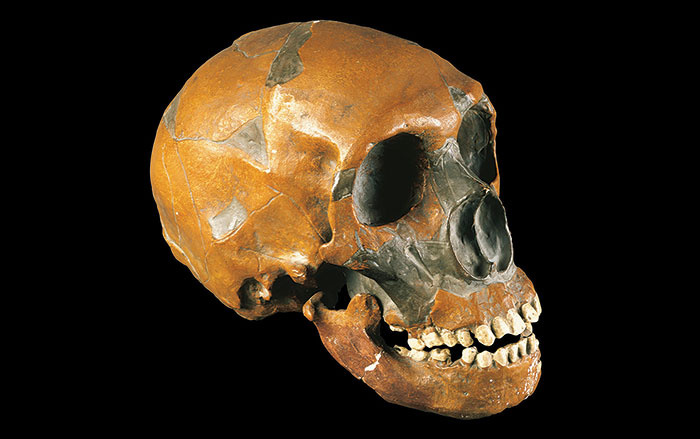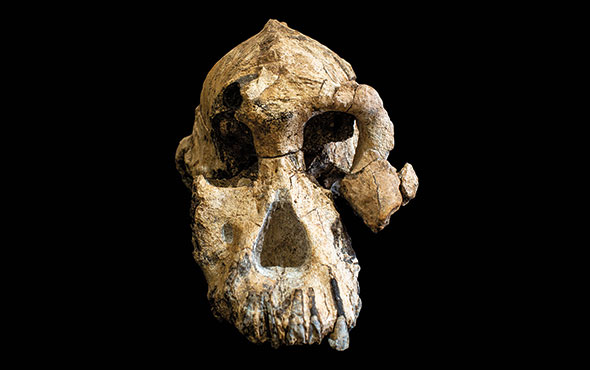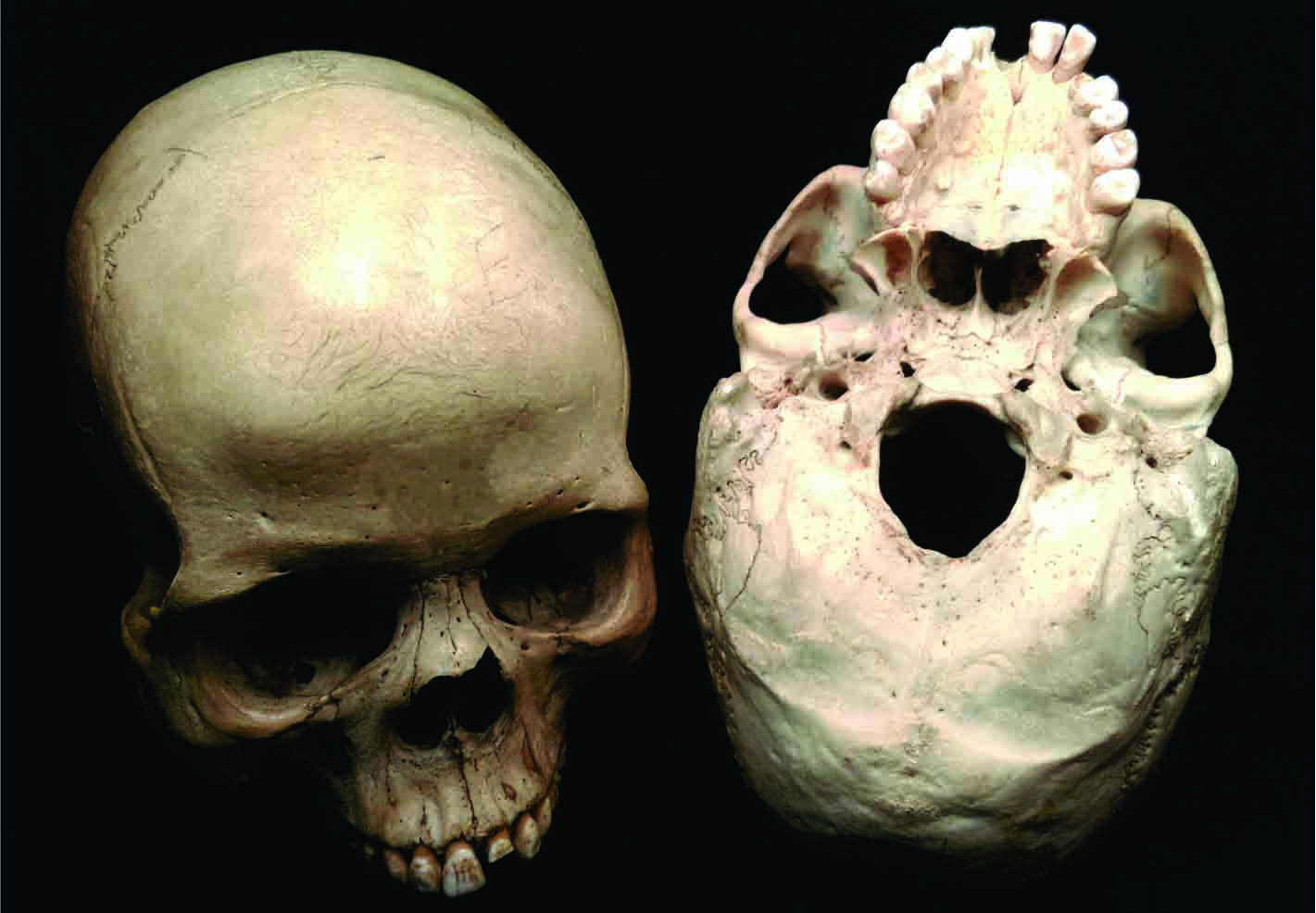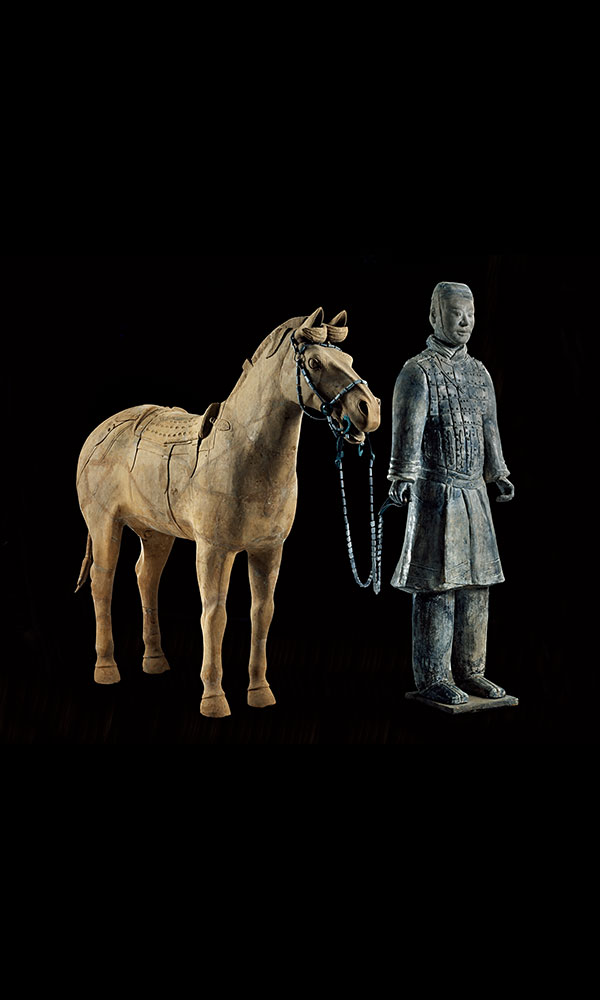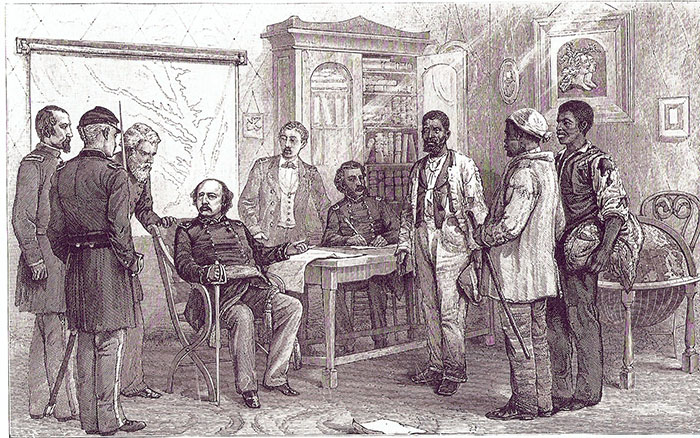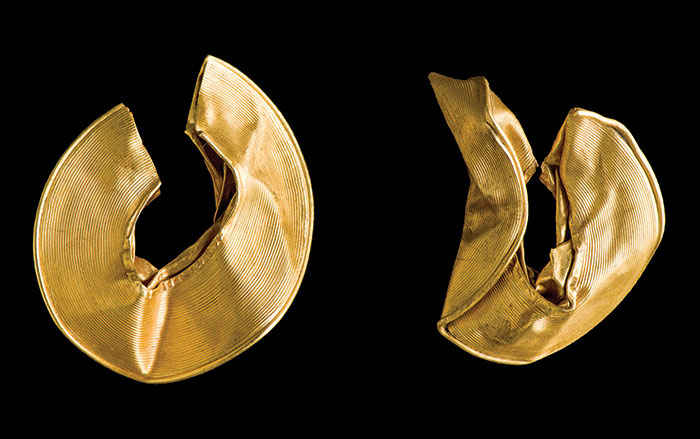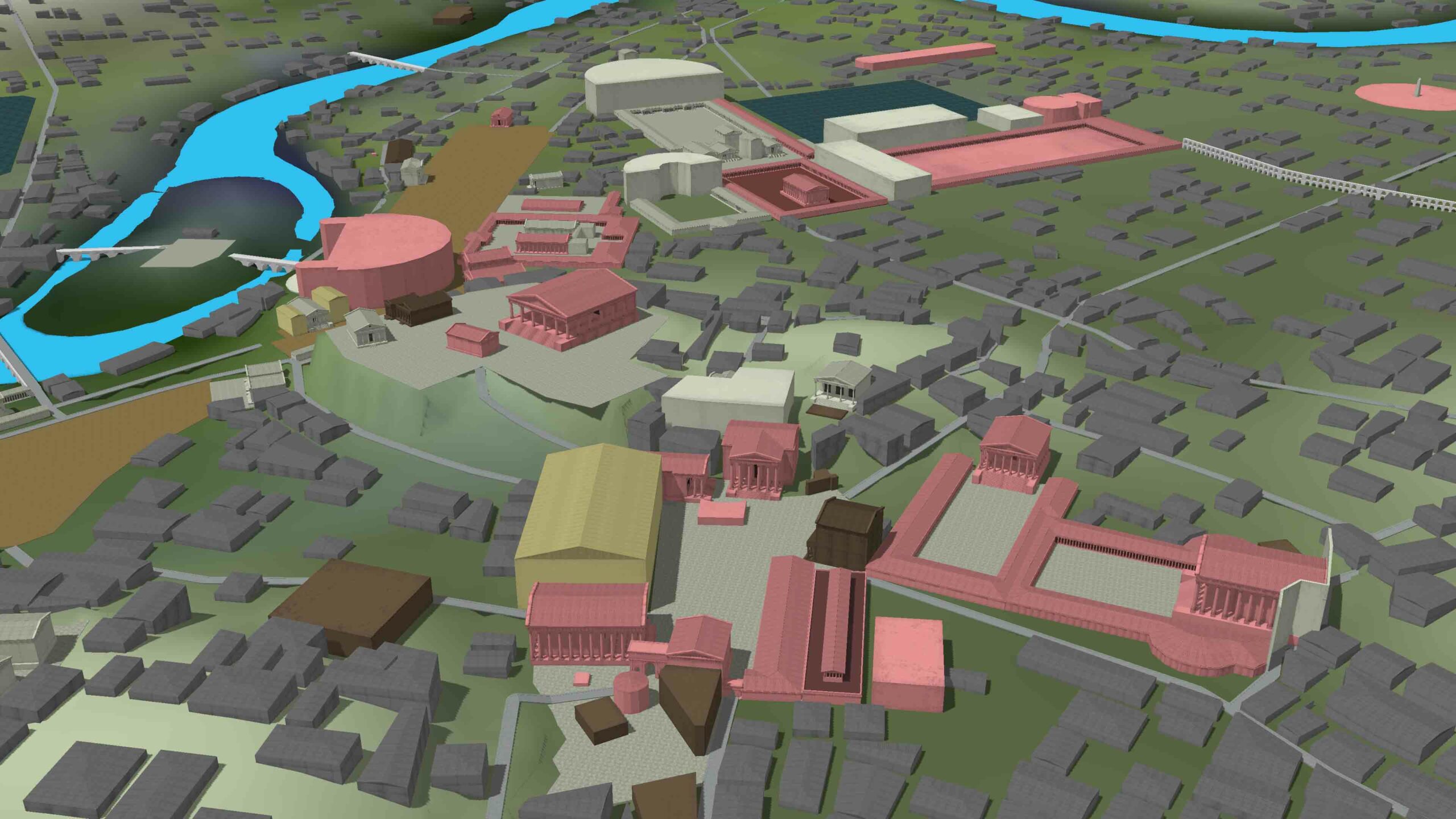
BALTIMORE, MARYLAND—Early human ancestors started foraging for food on the ground some 400,000 years earlier than previously thought, according to a new study of the teeth of human ancestors and an array of animals from the Afar region of Ethiopia. The research team, led by Naomi E. Levin of Johns Hopkins University, analyzed the morphology of the teeth and their carbon isotopes in order to determine what kinds of foods the creatures were eating. The results for both human ancestors and a now-extinct species of baboon suggest that the switch from foods from trees and shrubs to grass-based foods, including the tissues of animals that ate grasses such as birds and insects, happened about 3.8 million years ago. “The results not only show an earlier start to grass-based food consumption among hominins and baboons but also indicate that form does not always precede function. In the earliest baboons, dietary shift toward grass occurred before its teeth were specialized for grazing,” Levin explained in a press release. The change in diet would have made human ancestors more resilient to habitat change, she added. For more on human ancestors, go to "Our Tangled Ancestry."


